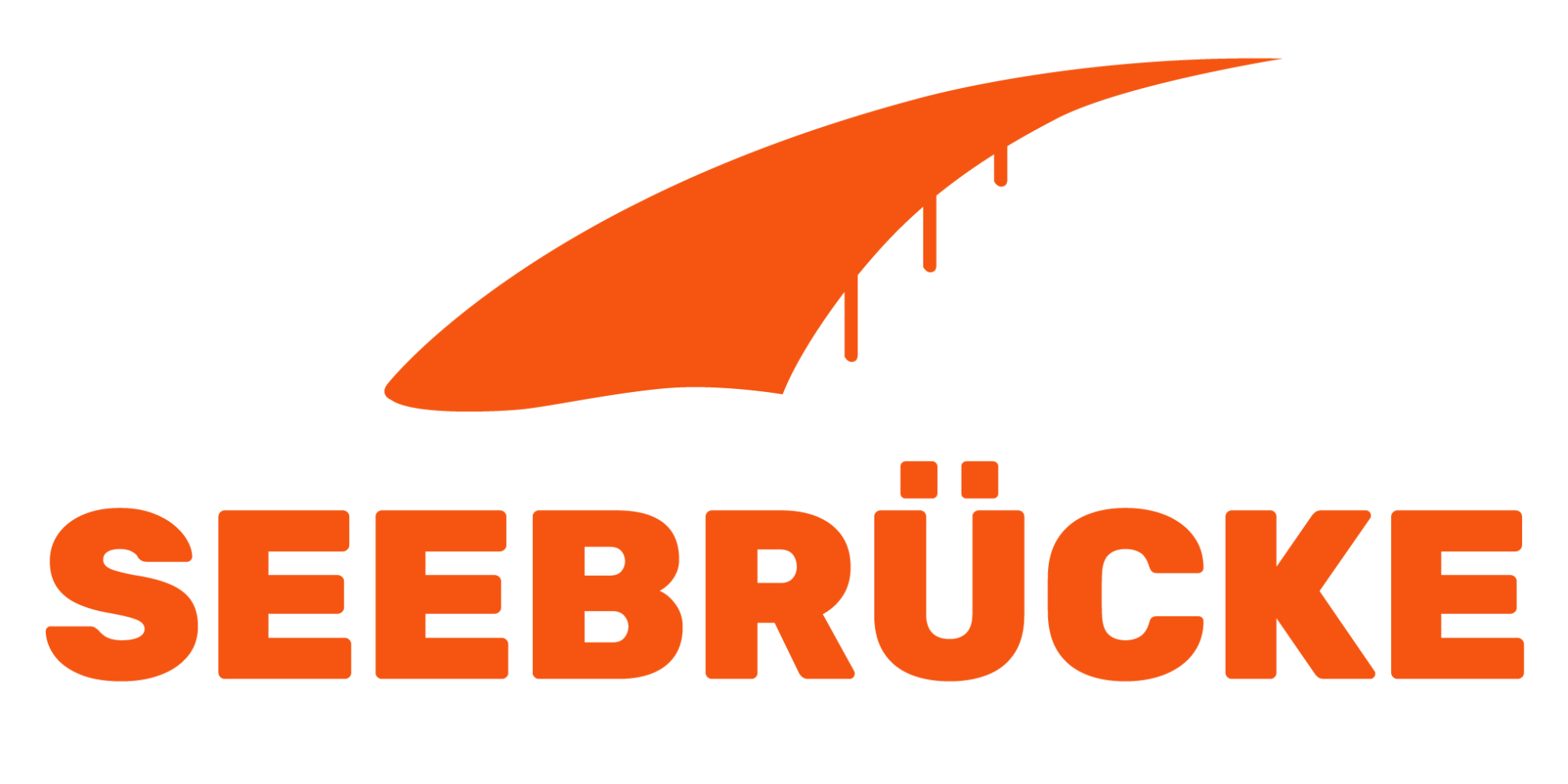-- Anzeige/Ad --


If there was malicious code in a legitimate project hosted on #codeberg, would we remove access to it, including for security researchers?
Short: No!
We are considering how to prevent fetching malicious code by accident, though.
In any case, we are open to collaborating with security researchers. Interested? Help us build a malware hunting team: codeberg.org/Codeberg/Contribu…
Background: #GitHub locked access to source code of xz, which was background of active investigation from the community.
![[Team] Malware hunting](https://inne.city/photo/preview/640/8737)
[Team] Malware hunting
### About the team This is an idea in case someone is interested to get involved with this topic. Codeberg is abused for spreading malware, like many other places. It is certainly interesting, because a lot of malware we see is either new.Codeberg.org
Codeberg.org
Als Antwort auf Codeberg.org • • •git.tukaani.org
git.tukaani.orgOlivier
Als Antwort auf Codeberg.org • • •Pluto
Als Antwort auf Codeberg.org • • •Directory - 490e369/ - HEAD - origin: github.com/tukaani-project/xz – Software Heritage archive
archive.softwareheritage.orgminecraftchest1
Als Antwort auf Codeberg.org • • •Mensh123
Als Antwort auf Codeberg.org • • •:gnu:+bonifartius 𒂼𒄄
Als Antwort auf Codeberg.org • • •Dentaku (Thomas Renger)
Als Antwort auf Codeberg.org • • •@necrosis If you don't want people to fetch malicious code by accident:
* create a branch for security researchers to work on (a tag would actually be sufficient, but branches are even easier in git)
* create a commit on the main branch removing everything except a README.md explaining the situation
waldi
Als Antwort auf Codeberg.org • • •Codeberg.org
Als Antwort auf waldi • • •@waldi We don't have a precedence case yet. The easiest option would be to require users to sign in to Codeberg, so they are forced to see a warning and prevent distribution via automation like CI.
However, it requires everyone to create an account to investigate the code, so we are working on a better solution.